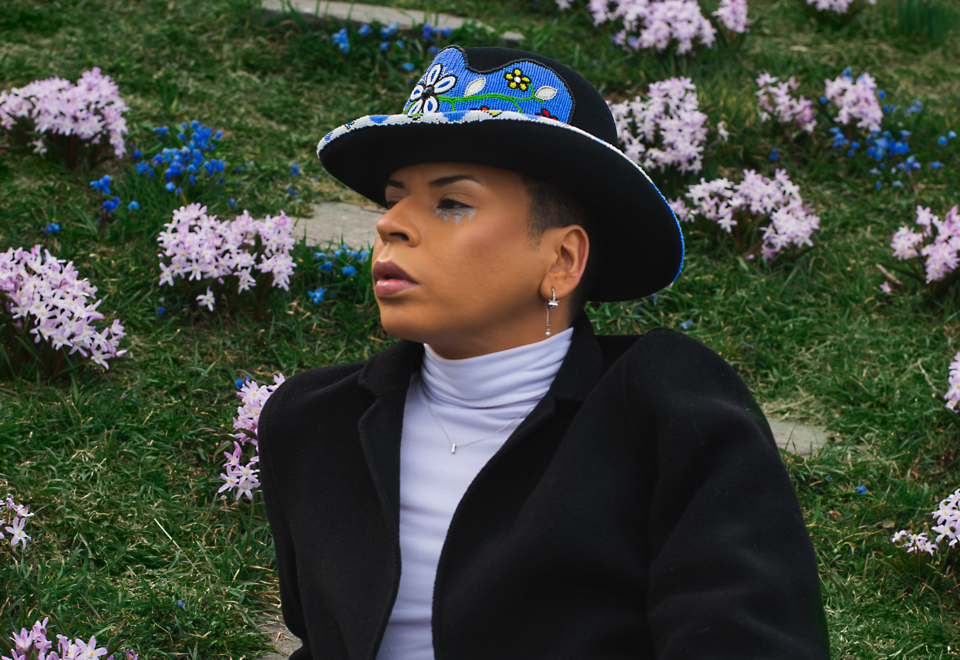Scott Wabano’s connection and reconnection to his culture have led him to many places, and he wants other young Indigenous people to know it’s possible.
He has been a part of major brands’ ad campaigns as a stylist, he has his own streetwear label, WABANO, and has worked with Indigenous designers like Lesley Hampton.
Wabano’s pride in his indigeneity and his identity as a two-spirit person were at the forefront of the message to the participants of the inaugural Omushkego Youth Treaty Conference held in Timmins recently.
“We’ve always been here,” said Wabano about two-spirit people. “It’s not something new.”
While Wabano has been speaking online over the pandemic, this was only the second time he’d been at an in-person conference.
Growing up in Moose Factory and going to school on the grounds of the former residential school — Bishop Horden Hall — meant that the generational trauma experienced by the Indigenous people in the area was always close at hand.
“I remember seeing the poles where the barbed wire used to be,” said Wabano.
In his early life, he was raised around traditional ceremonies that gave him strength.
“It showed me what colonialism had ripped from us," he said.
As he left home to study, he lost touch with the things in his community that kept him grounded, and it led him down a dark path. He felt like embracing his Indigenous heritage put another target on his back when he was already targeted for being feminine and gay.
“You can always hit rock bottom but you will never stay there because once you hit rock bottom, there’s nowhere to go but up," he said.
Wabano did go up from there, studying business and fashion and finding his passion, and working with fellow Indignenous designers to show off the beauty and skill in the community.
“We are some of the most fashionable, funniest, most people I know,” said Wabano.
But there was a lack of visibility that he is now trying to combat.
He said part of that was not having much community awareness or support of two-spirit identities.
“I was being bullied by my own community members, who were supposed to love me and teach me and help guide me on this path of being two-spirit,” said Wabano. “Homophobia, transphobia, racism, all of that is a product of colonization, and it’s really important that we recognize that.
“Two-spirit people have been here since time immemorial. We were mediators, we were healers, we were chiefs,” said Wabano. “We were seen as people to look towards.”
He said even without the wider LGBTQ+ community, there still isn’t a lot of recognition for two-spirit people, or for the intersectionality between being part of the queer community and being Indigenous.
“We are moving toward an age of decolonization, reclamation, and we can’t do that without the voices of two-spirit and indigequeer people at the table.
“If you ever need to reach out, reach out. Don’t ever be afraid to say that you need help because we all need help,” said Wabano about the darker times in his life.
He encouraged all the youth present to embrace their passions and to speak up and share their perspective with the world.
“We need your voice, we need your presence, we need your energy, we need all the things that you provide!”



